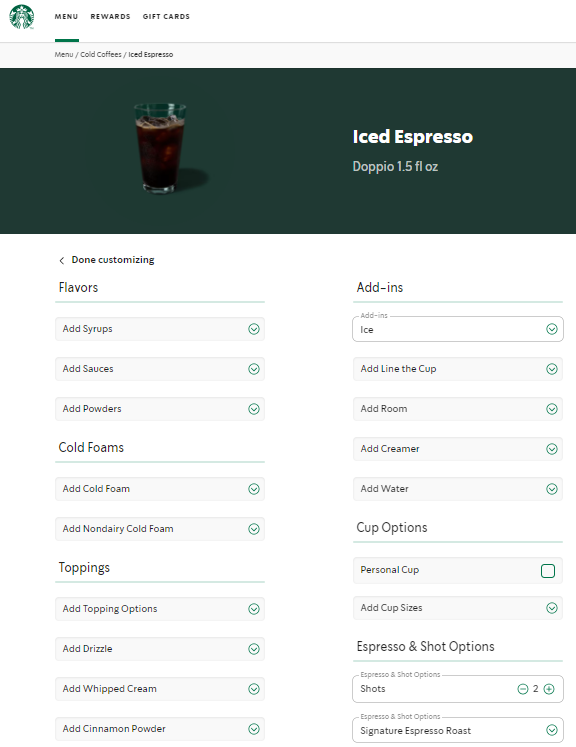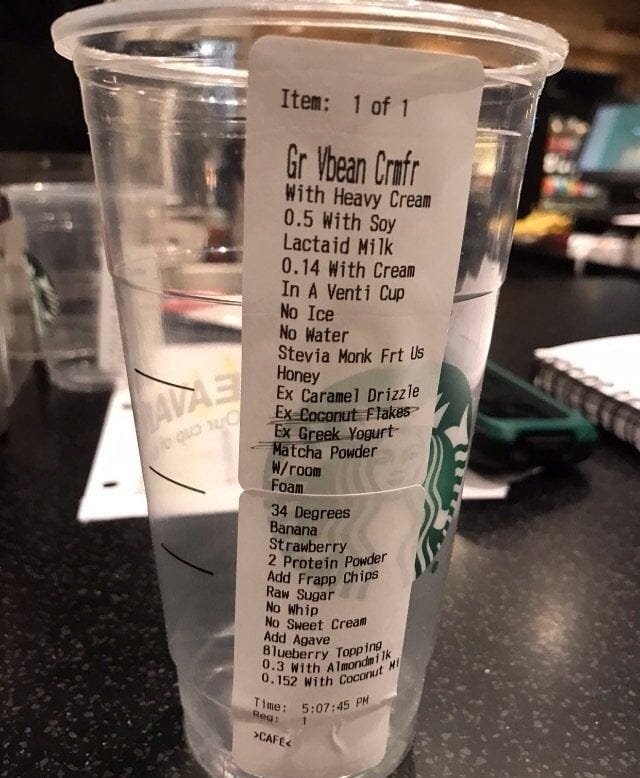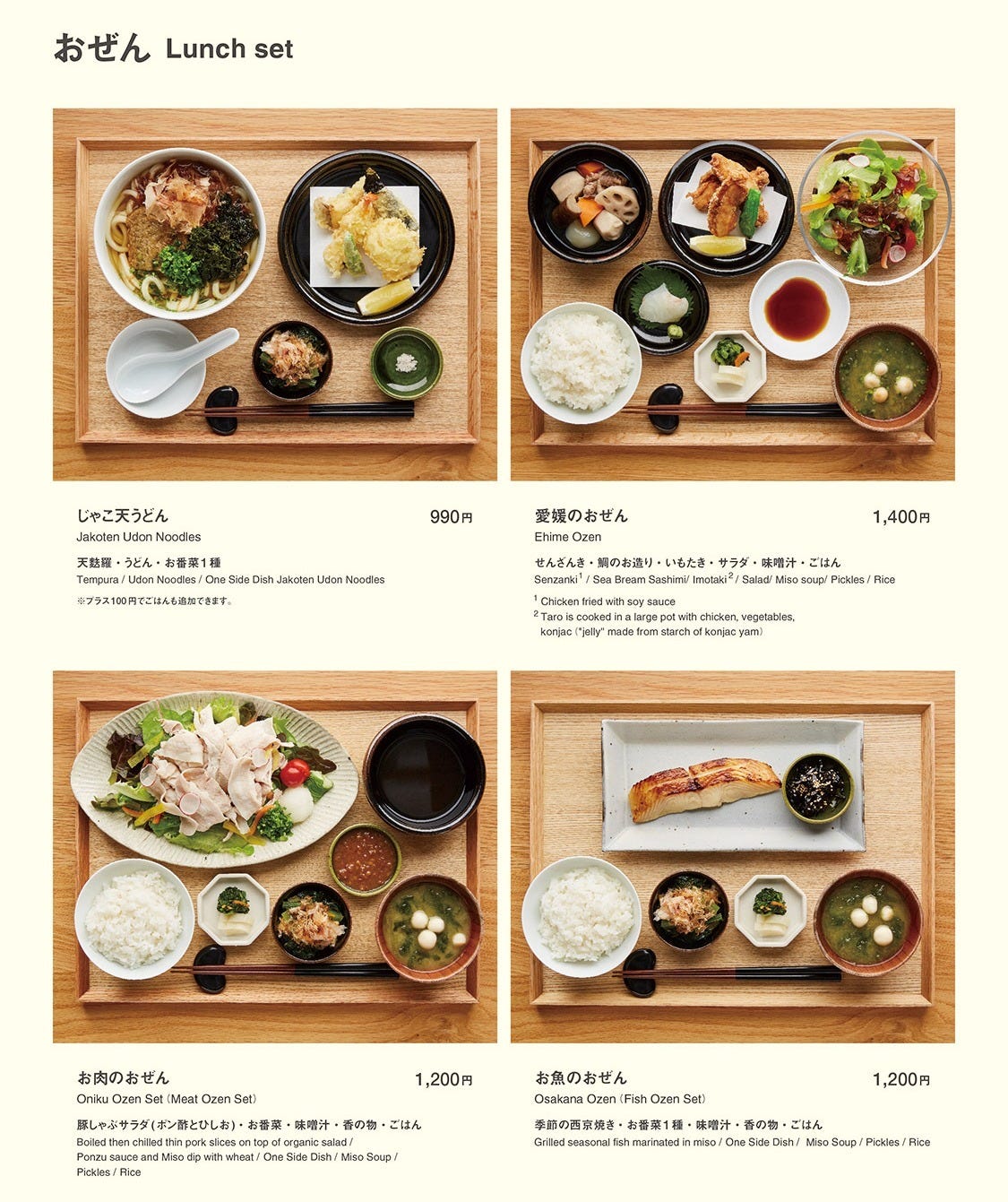My 2-year-old boy has gradually outgrown his eczema in the past few months since we moved back to Hong Kong.
Those sleepless nights when I was holding his arms, preventing him from scratching his skin while he was asleep were long gone. Out of despair and a lack of sleep, we brought him a pair of these sleeves which are still next to our bed even though we don’t really need it.
We went to see different doctors, dermatologists, and allergists. We had been in and out of GPs and hospitals. We consulted family and friends. There were a lot of recommendations. But things didn’t improve. There was a lot of stress and anxiety. And they were gaining ground.
I wanted to throw away all those creams, ointment, and lotions that sat on our cabinet. I even found a gut microbiome test to learn about my boy’s “gut intelligence.” The test report showed eggs might cause his allergies. It wasn’t until later that I found out the right test should be the patch test. I wonder why I didn’t just ask the AI. I didn’t have a good night's sleep for many nights. Maybe that’s why.
After returning home, I asked my parents-in-law to help take care of the boy for a few weeks.
Guess what?
They fed him eggs every day and his skin problems slowly improved. The struggles that my wife and I have been facing for over a year just disappeared in a matter of weeks. And what happened was that my mother-in-law also stopped applying all those creams we had been using on his skin.
Too often we jump into adding rather than subtracting in everything we do.
Skin problems? Try this cream.
Worried about your kid’s development? Pay for this class.
Wanna lost weight? Take this pill.
Feeling cold? Buy this jacket.
Bored? Download this app.
Adding makes us feel like we are making progress.
Adding makes us feel like we are solving problems.
Adding makes us feel like we are in control.
Adding can be good as long as it is not taken too far. But the problem is that not many people know where the line is. Once you have crossed that line like Starbucks, it could cause some serious damage.
What would happen if we changed our default from adding to subtracting?
What would happen if instead of adding another option, another topping, or another layer of complexity, we start by taking something away?
We can stop ourselves from adding anything unnecessary in the first place.
No more cream on our skin that might not work. No more assessment of how good or bad we are that is good for nothing but the record. No more extra options that give us the illusion of having control in this uncertain world.
When there are too many distractions but not many good choices, what I seek is the wisdom to know where to draw the line and to say no to anything extra.
Just live like this lunch set. Nothing more. Nothing less.
See you next week.








That starbucks menu and order in the photo gives me so much anxiety, oh my god. I think you phrased it wisely in this piece - but generally the sentiment of having too many options is so paralyzing. The oversaturation of stimuli and variable outcomes is not something that falls kindly on the mind. Subtraction is the new addition, for sure.. I think Marie Kondo would restack this post if she had a Substack haha
I appreciate this. I actually just wrote on Substack with the same title a few weeks ago but really like yours which is much simpler. A useful analogy that I will come back to! https://peckgee.substack.com/p/nothing-more-nothing-less